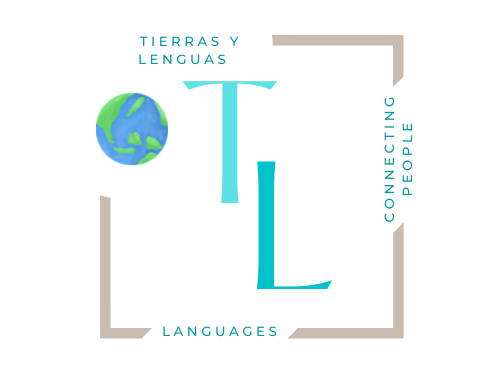AI is transforming how we learn languages, with tools like Duolingo, Babbel, and ChatGPT making learning faster, more personalized, and accessible. These tools offer instant grammar corrections, tailored lessons, and even pronunciation feedback. With AI improving every day, many wonder: Will language teachers become obsolete?
While AI-powered apps excel at helping with grammar and vocabulary, language is more than rules and words—it’s culture, emotion, and connection. AI struggles to explain humor, teach cultural nuances, or convey subtle emotions, like when to say “I’m sorry” versus “I apologize.”
Human teachers bring something AI can’t: empathy, creativity, and personal experience. They inspire students, adapt lessons, and make learning enjoyable. Teachers also help learners understand the depth of a language—its traditions, expressions, and real-life context.
The future isn’t a competition; it’s collaboration. AI can provide tools for practice and personalization, while teachers focus on deeper, meaningful learning. Imagine AI assistants handling repetitive tasks, allowing educators to teach conversational skills and cultural insights.
Languages are about connection, not just communication. AI helps us learn faster, but it’s the human touch that makes learning rewarding. Together, AI and teachers can shape a smarter, more engaging way to learn languages.
What do you think—can AI and teachers create the perfect balance for future language learners? Share your thoughts below!


I’m interested to learn Spanish